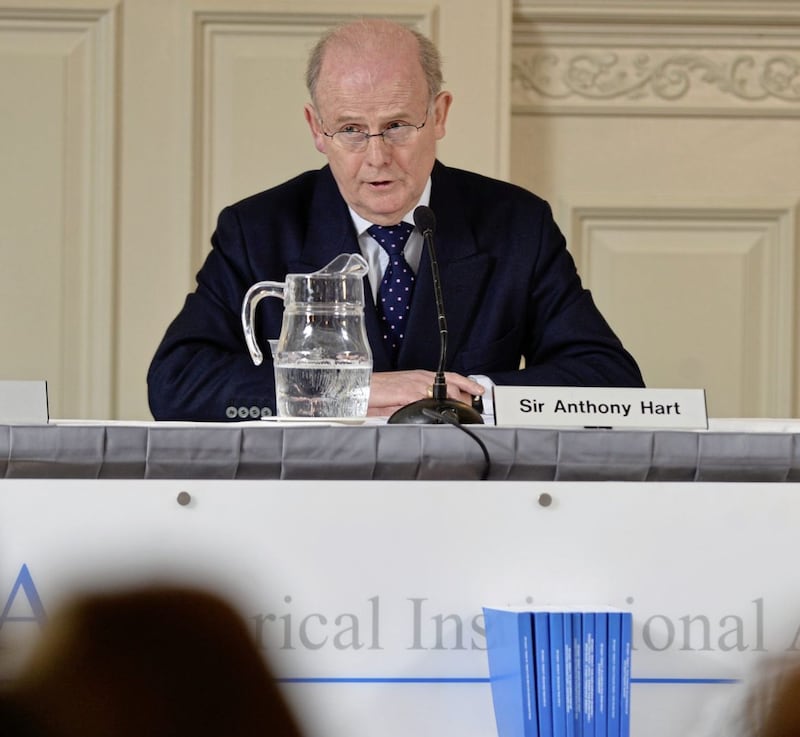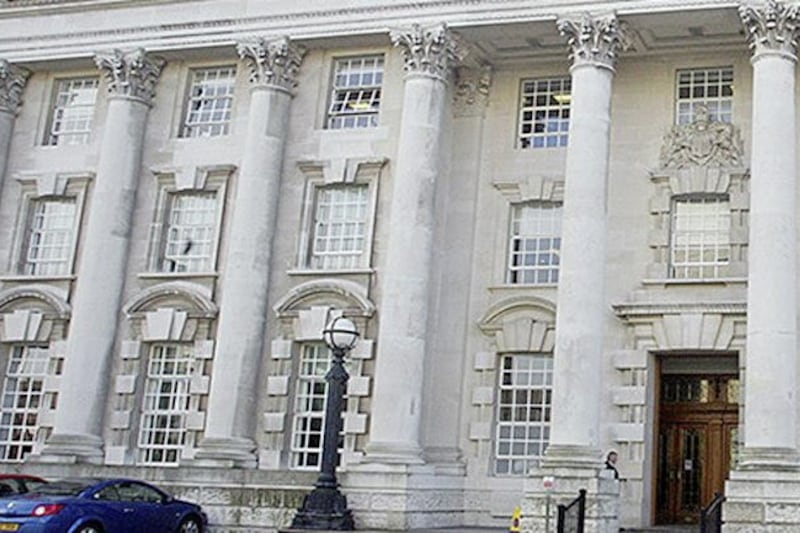A LEGAL challenge to the ongoing failure to compensate survivors of historical institutional abuse in Northern Ireland is to be put back until November, a High Court judge ruled today.
Proceedings aimed at compelling the Secretary of State to implement a major inquiry's recommendations in the absence of devolution were due to be heard this week.
But Mr Justice McCloskey granted an application by Karen Bradley to adjourn proceedings amid steps to introduce legislation enabling civil servants to take major decisions.
He rejected claims that it was an attempt to stymie the legal action.
The judge stressed, however, that if necessary, the case will resume "no later than November".
The case has been brought on behalf of those molested in children's homes.
In 2017 the Historical Institutional Abuse (HIA) Inquiry concluded there should be a public apology to all who suffered physical, emotional and sexual abuse between 1922 to 1995, and compensation ranging from £7,500 to £100,000.
Inquiry chairman Sir Anthony Hart has since made repeated pleas to politicians to act on his recommendations and provide the financial, social and educational support as a matter of urgency.

Earlier this year the head of the civil service in Northern Ireland revealed work was underway on draft legislation around the inquiry's proposals.
Legal action is being taken in a bid to have the Secretary of State and Executive Office ordered to take immediate steps to implement the redress scheme.
Lawyers representing one of the victims, granted anonymity and referred to as JR80, contend there is a obligation to propose an early date for assembly elections.
The Secretary of State maintains, however, that the redress issue is a matter for the devolved administration.
In an announcement to the House of Commons last week, Mrs Bradley ruled out a new assembly poll and set out legislative plans to provide civil servants with greater decision-making powers.
Counsel for the Secretary of State claimed this dealt with central issues in the case.
Seeking the adjournment, he argued that the legal landscape is now likely to change fundamentally.
Lawyers for JR80 resisted the move, alleging that Mrs Bradley is in breach of a legal obligation to set a date for Stormont elections - irrespective of her views on whether it would help the political impasse.
Granting the adjournment sought, Mr Justice McCloskey directed the Secretary of State's representatives to provide an update report by October 22.
He confirmed the availability of hearing dates in November "in the event a resumed hearing is the appropriate course in the somewhat unpredictable circumstances prevailing in this case".
Read more:
- Court hears NI close to 'dystopian' state of governance
- Chair of abuse inquiry calls on north's politicians to set up compensation scheme







